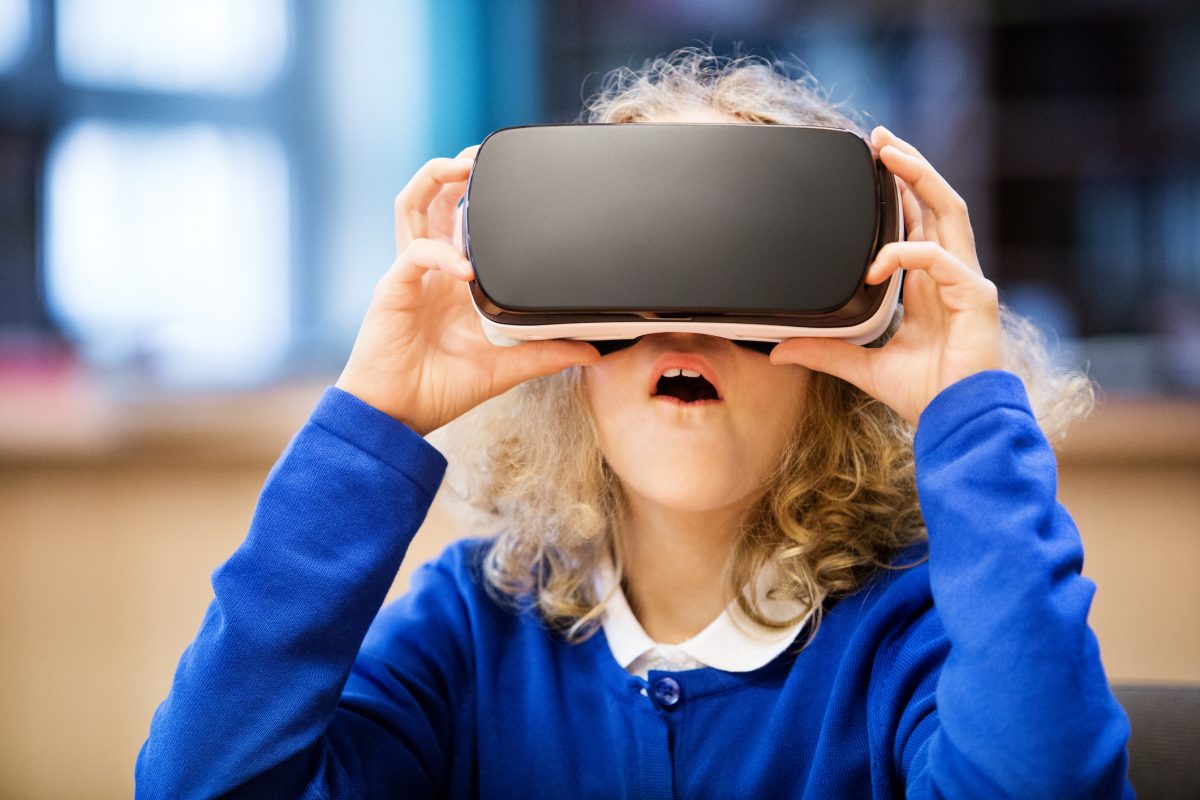Technology and disability, robotics at infant and primary school and the impact of “makers” and 3D printers are just some of the themes of the 85 workshops of Didacta. The events, dedicated to technology, are organised by Indire (the national institute for documentation, innovation and educational research) for Fair Didacta Italy, in Florence from 27 to 29 September.
The workshops are addressed to teachers, headmasters, tutors, trainers and institutional representatives, together with professionals and companies operating in the technology sector.
The workshops deal extensively with the new didactic and learning methods, didactic innovation and improvement techniques for educational processes, such as didactic planning to develop core competencies, and also teaching laboratories.
Indire is going to make available at fair Didacta all the technological experimentations for teachers’ training. Amongst the many activities carried out by the Institute during the fair, special attention will be dedicated to “Maker@school”, the indire’s research project created in 2014 to study the interaction between the Maker-space and FabLab teaching models and the Italian school system. The project aims to sustain the development and innovation of the teaching methods related to the “maker” phenomenon, to overcome old teaching methods, and favour the development of modern didactic tools to encourage students’ participation. The teaching methods which have been experimented so far were addressed to infant and primary schools.
The 3D printer workshops will allow teachers to experiment a teaching laboratory session, focused on the use of the appliance. During the workshop teachers will have the opportunity to use a dedicated software, draw and print objects using the 3D printers available in the room.
There will be also a workshop dedicated to educational robotics, an effective tool to boost school learning and infant and primary students’ cognitive and rational development. Students’ curiosity and critical thinking are stimulated thanks to robots. Pupils are encouraged to develop computational thinking and problem solving through practical and entertaining exercises. Some other workshops are dedicated to 3.0. classrooms: new learning technologies in personalised settings.
In addition to improving educational processes, the school of the future must promote integration at school of disabled students. The Italian school is investing much for this purpose.
In recent years, new technologies have helped social participation of people with various kinds of disabilities, such as visual, hearing, motor, cognitive and mental impairments, learning disabilities and autism. The Didacta workshops are aimed at illustrating thought videos and direct testimonies, the use of technological tools designed to sustain the inclusion of disabled people at school, at work, and in society in general.


